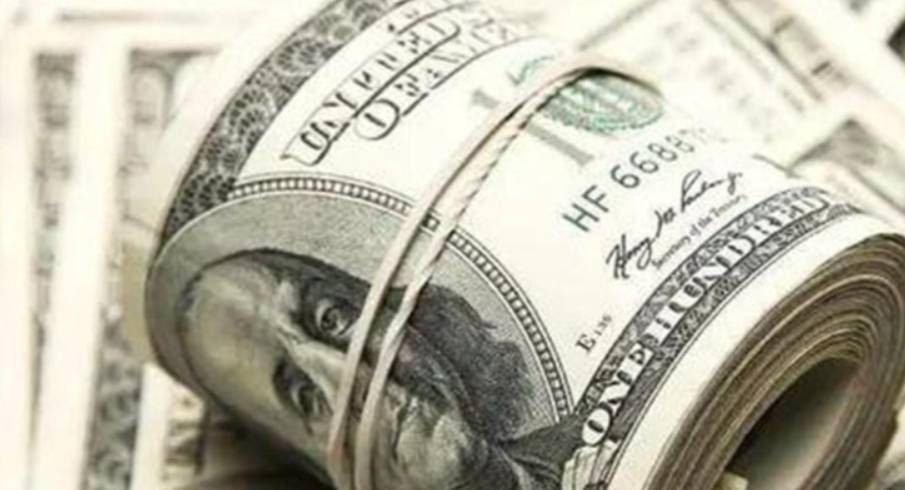US Debt Skyrockets Past $36 Trillion
Advertisements
 This troubling escalation has not gone unnoticed. Financial experts, including Maya MacGuineas from the Committee for a Responsible Federal Budget, have raised red flags about the mounting national debt's implications for both domestic economic health and broader geopolitical stability. Their critiques highlight a scenario where escalating debt dampens growth while exacerbating inflationary pressures, leading to higher interest rates that further constrict fiscal flexibility for subsequent governmental actions.
This troubling escalation has not gone unnoticed. Financial experts, including Maya MacGuineas from the Committee for a Responsible Federal Budget, have raised red flags about the mounting national debt's implications for both domestic economic health and broader geopolitical stability. Their critiques highlight a scenario where escalating debt dampens growth while exacerbating inflationary pressures, leading to higher interest rates that further constrict fiscal flexibility for subsequent governmental actions.Furthermore, a recent report from the Federal Reserve underscores the seriousness of this challenge, listing government debt sustainability as the foremost risk to financial stability. The Fed's semi-annual report highlighted widespread concern among investment professionals regarding the long-term viability of U.S. fiscal policy and its ability to sustain growth without significant upheaval.
In a survey conducted by the Federal Reserve from late August to late October, participants cited U.S. debt sustainability as the primary financial stability risk, emphasizing this issue amid an environment marked by geopolitical tensions in regions like the Middle East and uncertainties in economic policy. A striking 54% of respondents deemed the sustainability of federal debt as a glaring risk over the next 12 to 18 months, a significant increase from only 40% in a similar survey conducted just six months earlier. The introduction of this heightened concern translates to increased volatility across financial markets, particularly in the U.S. bond market.
Investor sentiment has indeed shifted towards a bearish stance. Following a series of declines in bond prices, U.S. Treasury yields have now breached 4%, with the 10-year Treasury yield threatening to approach 4.5%. This drop indicates a broader sell-off as market participants express growing skepticism regarding the trajectory of the U.S. economy. Although the quality of U.S. Treasuries remains intact for now, fears about the implications of excessive supply have contributed to significant market turbulence.
In the latest trading session, U.S. Treasury bonds experienced slight declines as the yield on the benchmark 10-year bonds climbed. This prevailing negative sentiment in the options market suggests that traders are bracing for potential yield surges in the coming weeks, a clear indication of the market's anxiety regarding future fiscal developments.
What this all distills down to is a narrative of caution: As the U.S. grapples with its burgeoning debt, the larger ramifications loom. Economic analysts, market traders, and everyday citizens alike are left to ponder the potential fallout. Will America continue to innovate its ways out of a financial corner, or might it face a reckoning in the not-so-distant future? The answers remain uncertain, yet the question is critical as the U.S. balances its fiscal strategy amid a challenging global economic landscape.
Post a comment